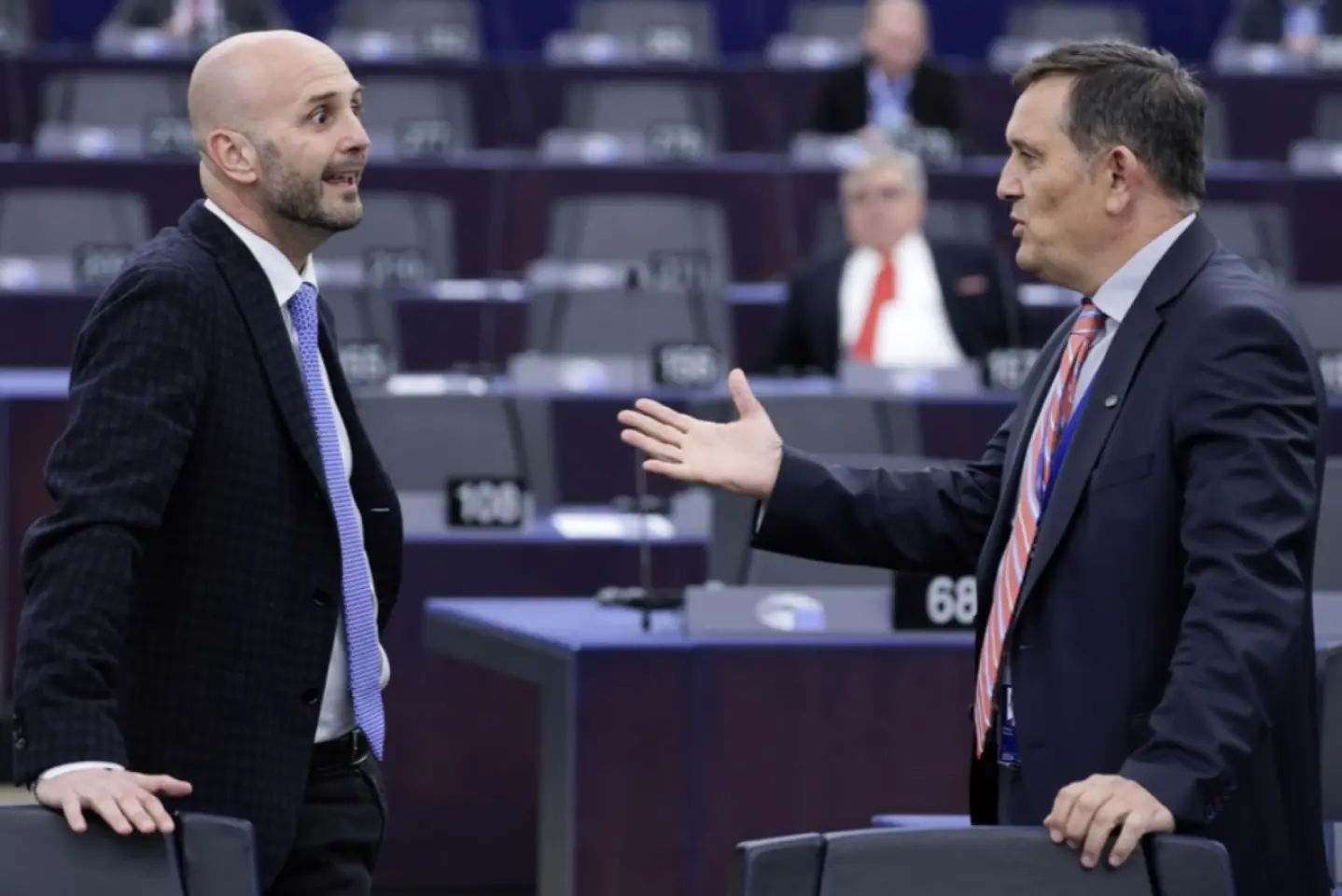
Iulian works for European institutions and politicians in Brussels via the company he set up, Comanescu & Partners. He switched to consultancy after a succesful career as a journalist spanning over 15 years, having worked for PRO TV, Evenimentul zilei or Mediafax. His blog, Comanescu.ro, has received two awards. He wrote a number of books, including a volume on mainstream media, new media and personal brands (Cum să devii un Nimeni – How to become a Nobody, Humanitas, 2009) or the biography of the most influential behind-the-scenes person in the country’s history (Mihnea Constantinescu, omul care a schimbat România fără ca noi să știm – Mihnea Constantinescu, the man who changed Romania without us knowing, Curtea Veche, 2019). He also works as translator and proof-reader for Humanitas, focusing on history, science and current affairs, in order to stay informed and inform others.

Donald Trump (re)winning the White House could give a long-term boost to the far right in Europe, but it could also encourage the EU to rely more on itself.

Ursula von der Leyen says there should be an equal number of female and male commissioners, but political priorities and the stalling of the EU's Franco-German engine put gender parity on the back burner.

The rise of the far-right in certain EU Member States will be of little consequence in the coming years, as the European Parliament and the European Commission remain under the influence of center factions. New movements are likely to emerge in the long-term that might change the configuration of the EU.

The European Commission will probably be formed according to the consensus reached by the center of European politics – People’s Party, the Socialists and ALDE/Renew - but it will confirm Europe's turn to the right.

The lists, dominated by MEPs standing out for absenteeism and "awarded" for anti-performance and newcomers who rely on scandals and TV notoriety.

Leaders of the most powerful European political group are meeting in Bucharest. Their decisions might influence the EU and Romania in the years ahead, should the EPP win the European Parliament election again.

The no-confidence vote against the Commission has no chance of passing, but following the efforts of conspiracist and lawyer Gheorghe Piperea, von der Leyen will now have to answer the questions of MEPs.

Viktor Orbán's ideology is promoted in Brussels at events organized by Mathias Corvinus Collegium, a university generously funded by the Budapest government.

By electing Nicușor Dan, Romania has scored an image-boost coup in Brussels and, at the same time, created expectations that are very difficult to satisfy. The potential benefits, but also the responsibility that befalls our country, are great.

George Simion wants to take over the MAGA image, and his good score in the presidential election has brought him to the attention of European extremists. However, a sovereignist policy would spell economic costs and political isolation for Romania.

The EU appears to be the rational and moral actor, abiding by the rules, in contrast to an unpredictable Donald Trump. As the so-called US soft power declines, the EU will gain geopolitical leverage.

The signals coming from the US regarding Ukraine and the transatlantic commitments are forcing Europeans to rethink their security. Obstacles: costs of hundreds of billions and extremists’ boycott.